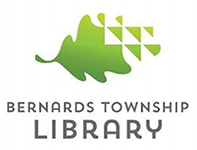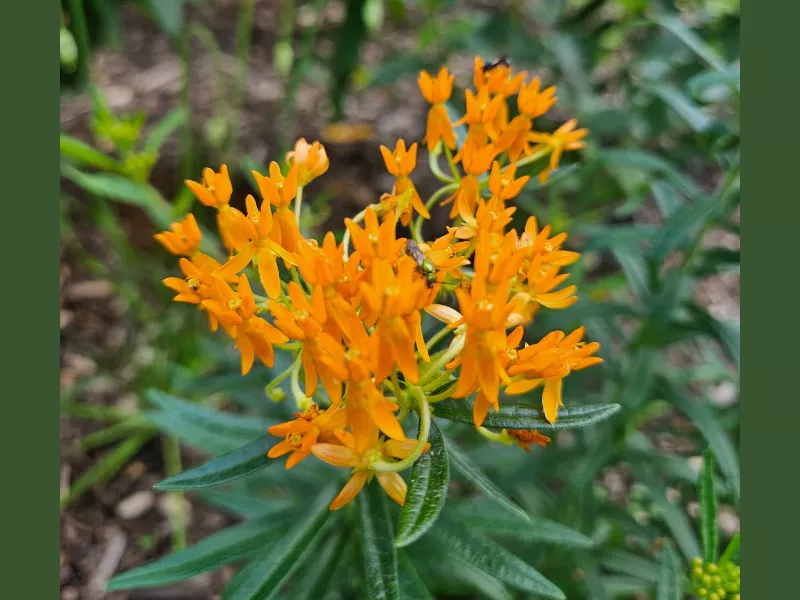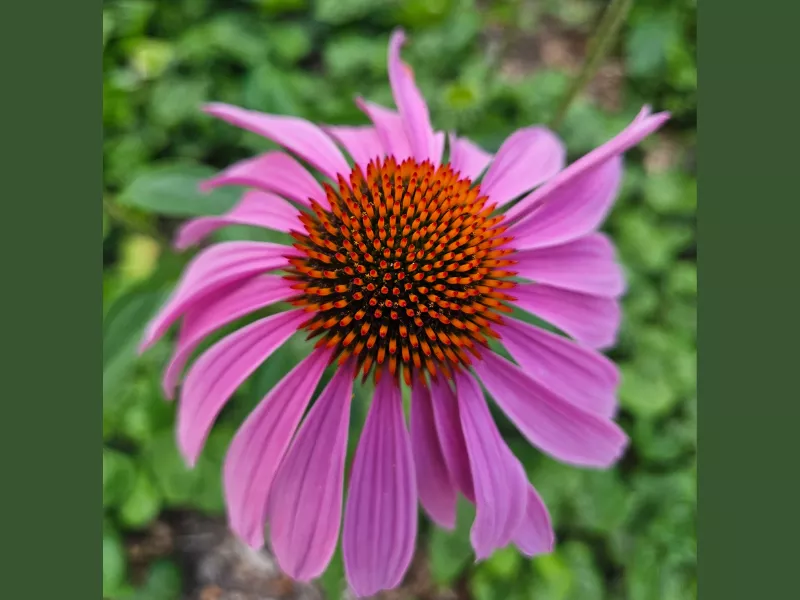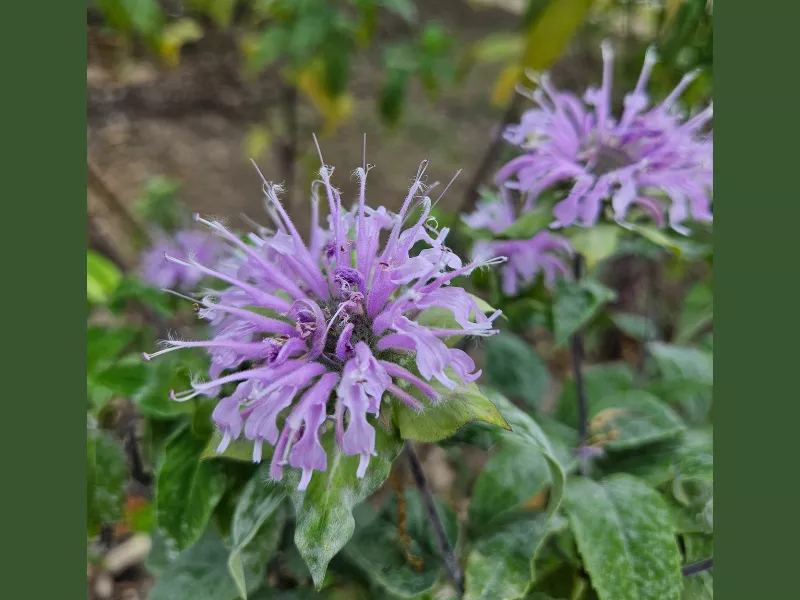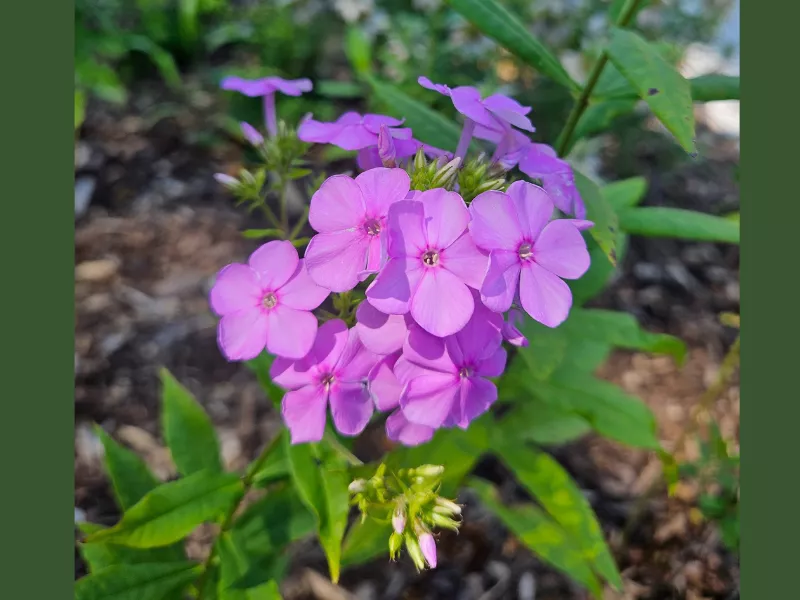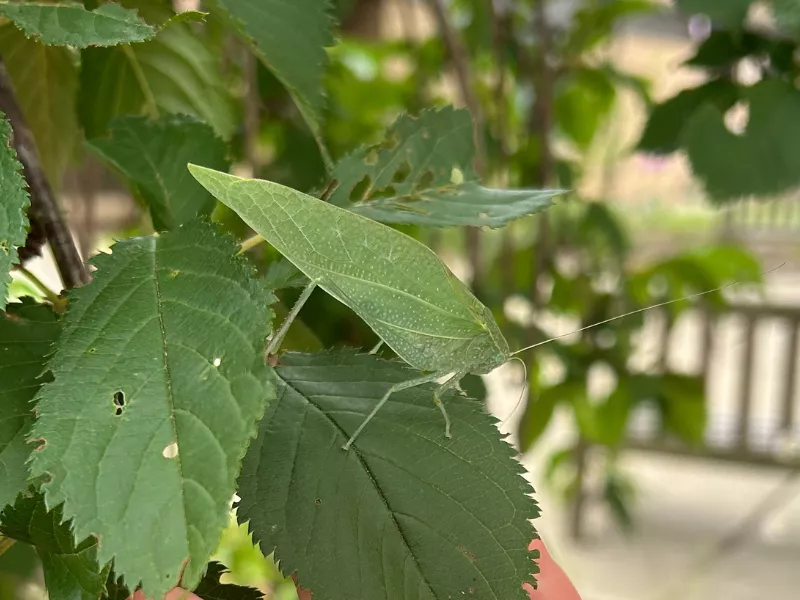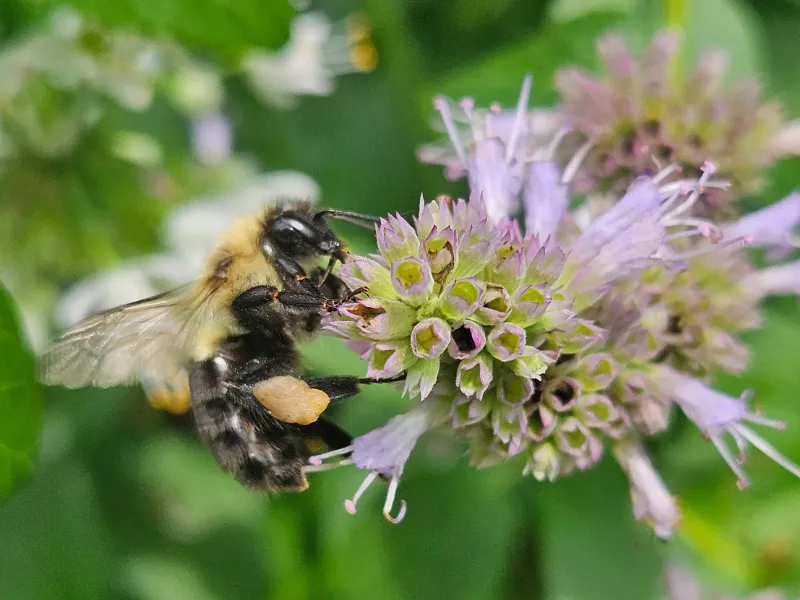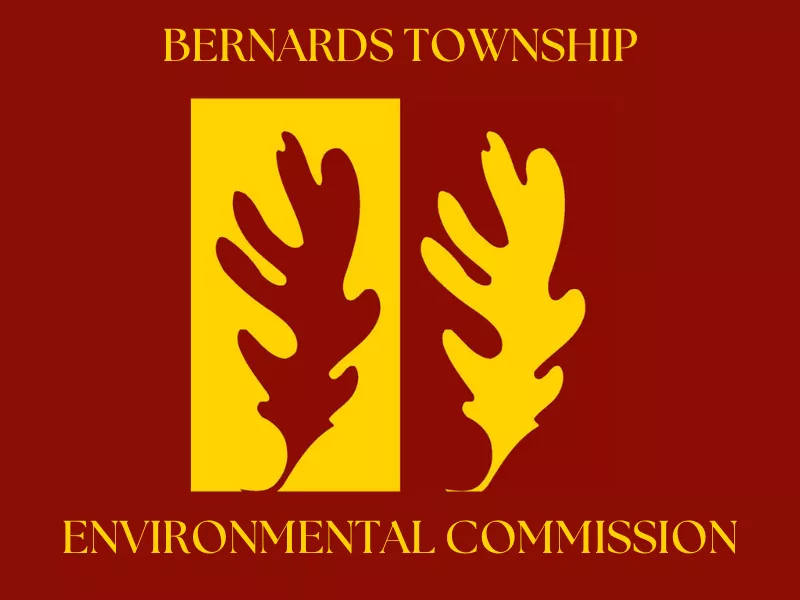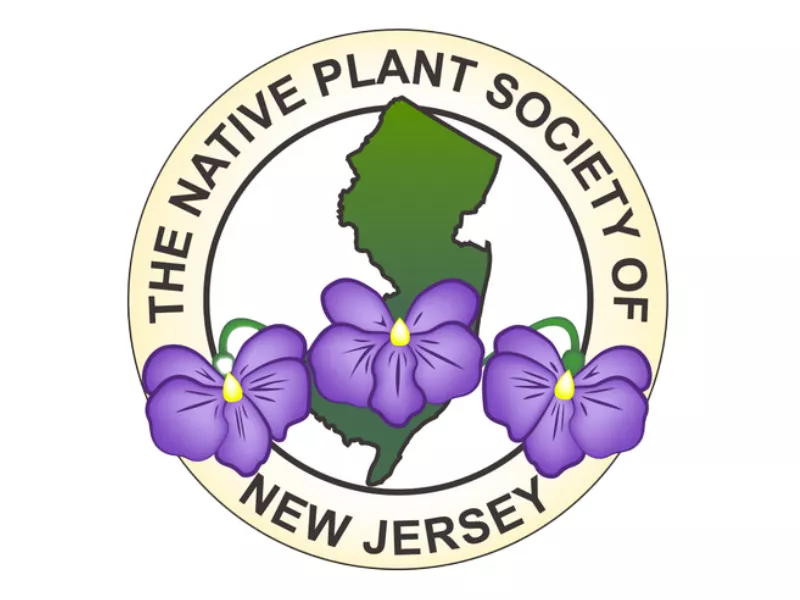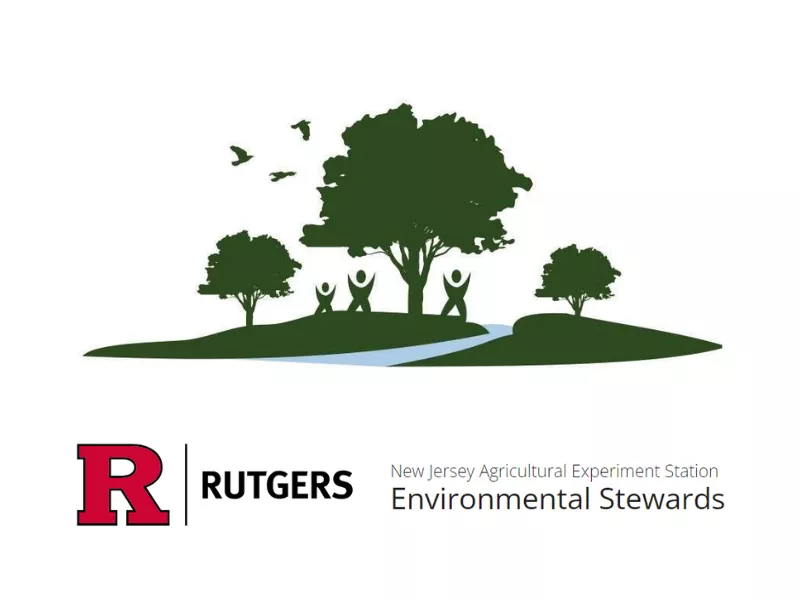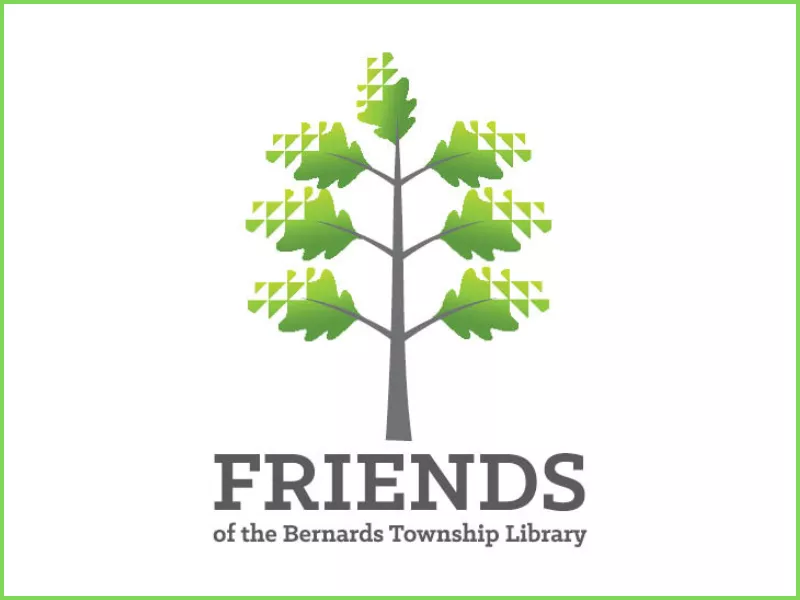
What are Native Plants?
Native plants are species that grow in a region without human introduction. Only plants found in New Jersey before European settlement are considered to be native here. They have evolved over thousands of years to be well-adapted to a variety of conditions in New Jersey and to the other plants and animals around them.
Why are They Important?
Native plants not only add beauty to New Jersey yards, they offer many important environmental benefits:
-
Biodiversity and Habitat Support:
- Support Local Wildlife: Native plants provide food and shelter for local wildlife, including insects, birds, and mammals. For example, many butterflies and moths lay their eggs exclusively on specific native plants.
- Promote Biodiversity: By supporting a variety of species, native plants contribute to a rich biodiversity, which is essential for a resilient ecosystem.
-
Environmental Benefits:
- Water Conservation: Native plants typically require less water than non-native species, which is crucial for water conservation, especially in drought-prone areas.
- Erosion Control: The deep root systems of many native plants help stabilize soil and prevent erosion.
- Reduced Need for Chemicals: Native plants often have natural defenses against local pests and diseases, reducing the need for pesticides and herbicides.
-
Cultural and Aesthetic Value:
- Cultural Significance: Native plants can have historical and cultural significance, representing the natural heritage of a region.
- Natural Beauty: They enhance the natural landscape, providing a sense of place and continuity in the environment.
-
Invasive Species Management:
- Prevention of Invasives: Encouraging native plant growth can help prevent the spread of invasive species that can outcompete and displace native flora.
- Ecosystem Stability: A stable ecosystem with a healthy population of native plants is less likely to be disrupted by invasive species.
In Our Garden
Butterfly Milkweed
Asclepias tuberosa, commonly known as butterfly weed, is a species of milkweed native to eastern and southwestern North America. It is commonly known as butterfly weed because of the butterflies that are attracted to the plant by its color and its copious production of nectar.
Purple Coneflower
Echinacea purpurea, the purple coneflower, is a North American species of flowering plant in the family Asteraceae. Many types of pollinators are attracted to coneflower, including bees and birds (particularly finches), which eat the seeds and disperse them through their droppings.
Bee Balm
Monarda, also known as Bee Balm or Bergamot, is a genus in the mint family (Lamiaceae). Native to North America, it is particularly notable for its vibrant, showy flowers and aromatic foliage. Monarda are very attractive to bees, butterflies and hummingbirds.
Phlox
Phlox is a genus of 68 species of perennial and annual plants in the family Polemoniaceae. The name is derived from the Ancient Greek word phlox meaning flame in reference to the intense flower colors of some varieties.
Collaborators and Resources
Bernards Twp. Environmental Commission
The Bernards Township Environmental Commission is responsible for ensuring that environmental issues in Bernards Township are given the right priority in order to protect and preserve natural resources of the town and surrounding areas including: land, water, air, and bios (flora and fauna).
Native Plant Society of New Jersey
The Somerset County Chapter seeks to assemble individuals passionate about botany, ecology, native plant gardening, and environmental stewardship, in our collective endeavor to appreciate, conserve, and study New Jersey’s indigenous plants and their habitats.
Rutgers Environmental Stewards
The Rutgers Environmental Steward program trains volunteers on important environmental issues in New Jersey and how they can make a difference in their community. Stewards learn how to help advance sustainable climate change solutions, not just in their own lives, but in their communities.
Friends of the Bernards Township Library
The Friends of the Bernards Township Library graciously donated funds to the Environmental Commission to purchase many of the native plants for the garden. The Friends are a non-profit organization that supports the Library by providing funding for innovative programs, events, and activities
